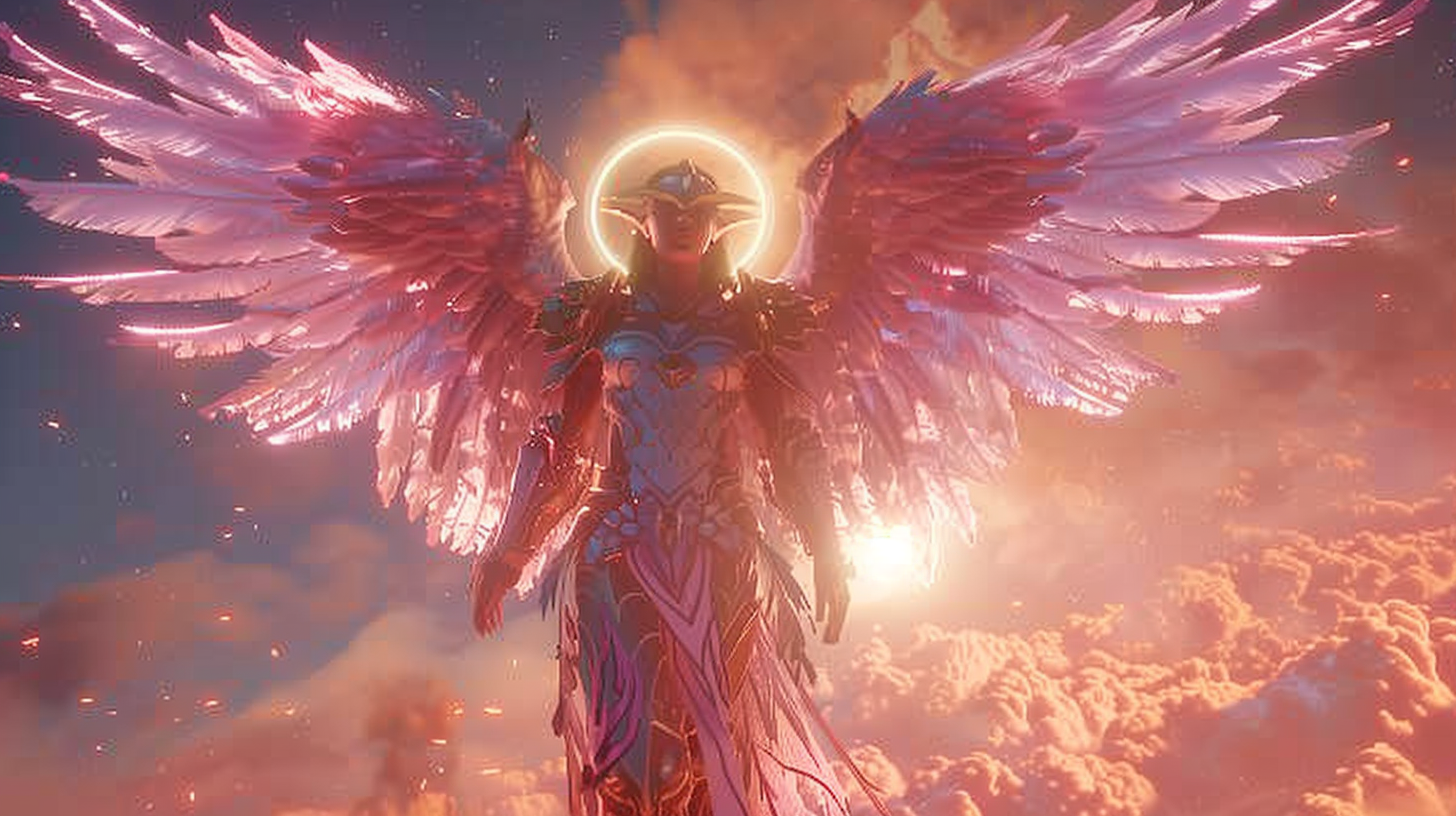Once relegated to the basement or seen as a niche hobby, video gaming has unequivocally exploded into a dominant force in pop culture and society. Its influence now permeates every facet of modern life, from mainstream entertainment and fashion to language, social interaction, and even global economics. This article explores the multifaceted ways gaming has transcended its digital boundaries to become a cultural behemoth.
1. Mainstream Entertainment and Media Dominance
Gaming is no longer a fringe interest; it’s a primary form of entertainment, often outperforming traditional media:
- Box Office Rivals: Major game releases routinely out-earn Hollywood blockbusters on their opening days/weeks.
- Streaming Giants: Platforms like Twitch and YouTube Gaming host billions of hours of viewership, with top streamers becoming celebrities as influential as movie stars or musicians. Esports tournaments fill arenas and draw viewership comparable to traditional sports events.
- Film & TV Adaptations: Once a rarity, successful video game adaptations are now common, with hits like The Last of Us (HBO), Arcane (Netflix), Cyberpunk: Edgerunners (Netflix), and the Super Mario Bros. Movie breaking viewership records and critical acclaim.
- Music Integration: Game soundtracks are charting, and major artists are performing virtual concerts within games (e.g., Travis Scott in Fortnite, Ariana Grande in Fortnite).
2. Language, Slang, and Memes
Gaming has significantly enriched popular lexicon and meme culture:
- Common Phrases: Terms like “GG” (Good Game), “Pwned,” “Noob,” “NPC,” “buff/nerf,” and “main” have seeped into everyday conversation, even among non-gamers.
- Meme Factories: Gaming moments, characters, and glitches are fertile ground for internet memes, spreading virally across social media and becoming cultural shorthand.
- Evolving Communication: The shorthand and communication styles developed in online multiplayer games have influenced how younger generations interact online.
3. Fashion, Art, and Design Influence
The aesthetics and characters of video games are increasingly influencing broader creative fields:
- Fashion Collaborations: High-fashion brands collaborate with game franchises (e.g., Louis Vuitton with League of Legends, Balenciaga with Fortnite).
- Character Design as Iconography: Iconic game characters are recognized globally, appearing on merchandise, street art, and inspiring cosplay.
- Artistic Inspiration: Game environments, visual styles, and storytelling techniques are influencing other forms of digital art and immersive experiences.
4. Social Hubs and Community Building
Beyond entertainment, games serve as powerful social platforms:
- Virtual Hangouts: Games like Fortnite, Roblox, and Minecraft function as virtual meeting spaces where friends socialize, attend events, and create together, even without a specific “gameplay” objective.
- Global Communities: Online multiplayer games foster vast, diverse global communities united by shared passions, transcending geographical boundaries.
- Relationship Building: Many real-world friendships and even romantic relationships have blossomed through shared gaming experiences.
- Inclusive Spaces: While challenges remain, games offer spaces where individuals from diverse backgrounds can connect and participate on equal footing.
5. Economic Impact and Career Paths
The gaming industry is a major economic engine, creating diverse career opportunities:
- Massive Industry Growth: Larger than the film and music industries combined, gaming drives significant technological innovation and job creation.
- Professional Esports Careers: Players, coaches, analysts, casters, event organizers, and marketing professionals now have viable career paths within esports.
- Content Creation Economy: Streamers, YouTubers, and social media influencers build careers around gaming content, generating income through subscriptions, ads, and sponsorships.
- Game Development: The traditional development roles (programmers, artists, designers, writers) continue to expand and evolve.
6. Education and Skill Development
Gaming is increasingly recognized for its cognitive and skill-building benefits:
- Problem-Solving: Strategy games and puzzles enhance critical thinking and problem-solving skills.
- Teamwork & Communication: Multiplayer games foster collaboration and effective communication.
- Reaction Time & Hand-Eye Coordination: Action games improve reflexes and fine motor skills.
- Digital Literacy: Navigating complex game systems builds general digital literacy.
- Esports in Academia: Universities are offering esports scholarships, coaching programs, and degrees in game development and esports management.
Conclusion
The journey of video games from niche pastime to cultural titan is complete. Its impact now extends far beyond the screens, shaping our language, influencing our entertainment, fostering vast communities, and driving significant economic and social change. As technology continues to advance and games become ever more immersive and interconnected, their influence on pop culture and society will only continue to grow, solidifying their position as one of the most powerful and pervasive forces of the 21st century.

